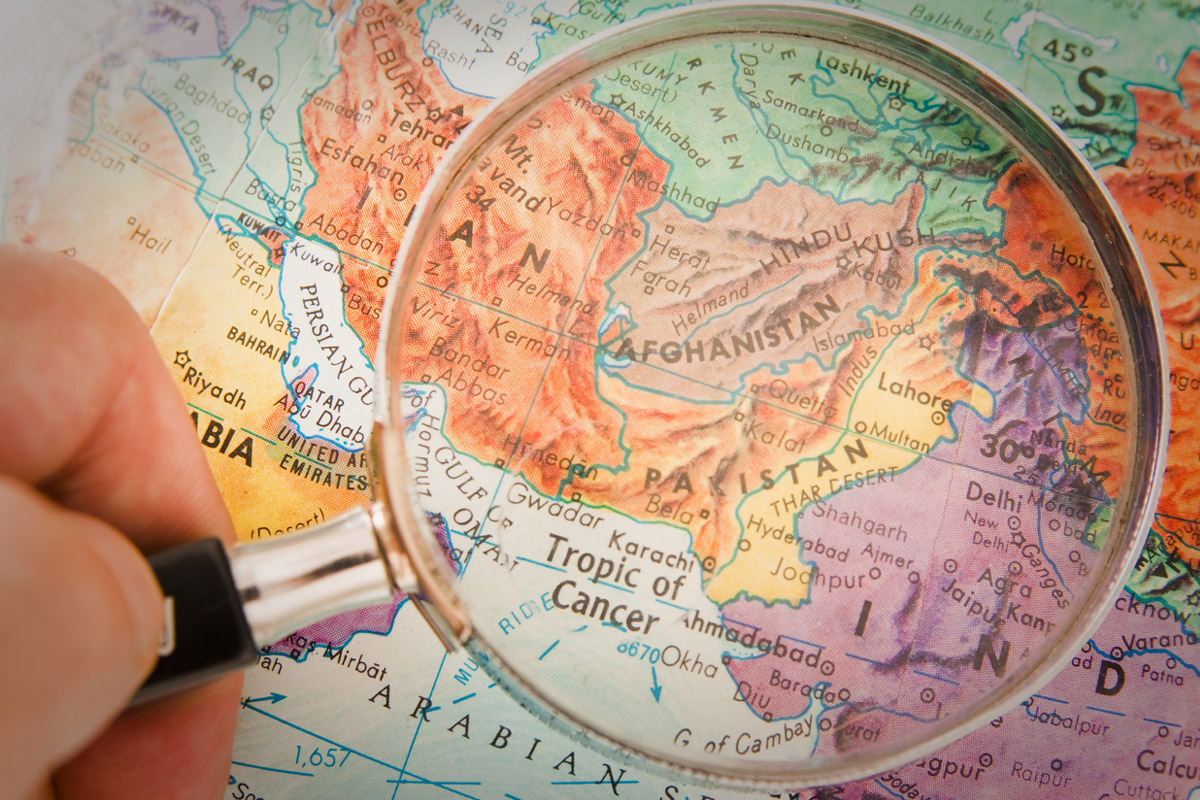It has been a grim prologue to the swelling act of the Afghan theme. In parallel to the start of the peace talks ~ after 18 years ~ in Doha between the Afghan government and the Taliban, it was almost a rerun of the familiar script on Sunday.
The mayhem perpetrated by the Taliban in as many as 18 provinces has brought the crucial talks under a cloud and at the threshold. The silver lining thus far is that the Taliban, as part of what it called a “goodwill gesture”, has released 22 Afghan soldiers in Helmand province. The latest wave of attacks, contextualised with the release of soldiers, has made the Taliban come through as a bundle of contradictions.
Advertisement
The striking feature of the current round in the capital of Qatar is the participation of the Afghan government, pre-eminently the presence of Abdullah Abdullah ~ the President in waiting ~ who is the Chairman of Afghanistan’s High Council for National Reconciliation. Perhaps in the wake of the outrage in several provinces, representatives from several countries, notably the US Secretary of State, Mike Pompeo, called on the Taliban to announce an immediate ceasefire before the negotiators assembled at the high table to find a way to end decades of civil war.
The mood in the militant camp remains direly uncertain, most particularly after Sunday’s offensive, and suggests that not all factions are on the same page. A 21-member Afghan team, headed by the former Intelligence chief, Mohammaded Masoom Stanekzai, is meeting the Taliban delegation to evolve a solution to the embattled country’s prolonged civil war.
The talks are part of the historic agreement signed between the US and the Taliban on 29 February, also in Doha. They were scheduled to be held ten days after the deal was signed, but kept getting postponed over the prickly issue ~ between the Afghan government and the Taliban ~ of the release of prisoners.
The dispute was partially settled on Sunday with the release of 22 Afghan soldiers. The Afghan government, on its part, has claimed that it has freed all the 5000 Taliban inmates. Of course, many more have simply escaped from Afghan prison, the latest instance having been reported from Nangarhar province last month.
The current round in Qatar will hopefully be riveted towards achieving a significant reduction in violence and how to put in place a permanent ceasefire. Teams led by Taliban’s political chief, Mullah Abdul Ghani Baradar, and the chief representative of the government, Abdullah Abdullah, have already met the Emir of Qatar.
The foreign minister of Qatar, Sheikh Mohammed bin Abdulrahman Al Thani, told the preliminary round that both parties must “rise above all form of division by reaching an agreement on the basis of no victor and no vanquished”.
Sunday’s violence in parts of Afghanistan does not readily inspire optimism. The two sides will sit-to-face for the first time, and the world must live in hope.











